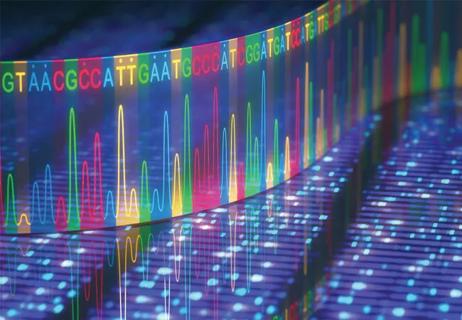
CD36 loss-of-function variant accounts for large portion of risk in this population

Paired blood and brain tissue methylation findings raise prospect of noninvasive precision diagnosis

Genomic study lays groundwork for insights into potential biomarkers and therapeutic strategies

Research combining genomics, database analysis and RNA sequencing suggests possible role for antiviral drug therapy
Advertisement
Cleveland Clinic is a non-profit academic medical center. Advertising on our site helps support our mission. We do not endorse non-Cleveland Clinic products or services. Policy

Systems genetics approach sets stage for lab testing of simvastatin and other candidate drugs

Study identifies Ketorolac as a potential repurposable drug

Investigational gene approaches offer hope for a therapeutically challenging condition

Pairing machine learning with multi-omics revealed potential therapeutic targets

Characterizing genetic architecture of clinical subtypes may accelerate targeted therapy

The relationship between MTHFR variants and thrombosis risk is a complex issue, but current evidence points to no association between the most common variants and an elevated risk
Advertisement
Advertisement